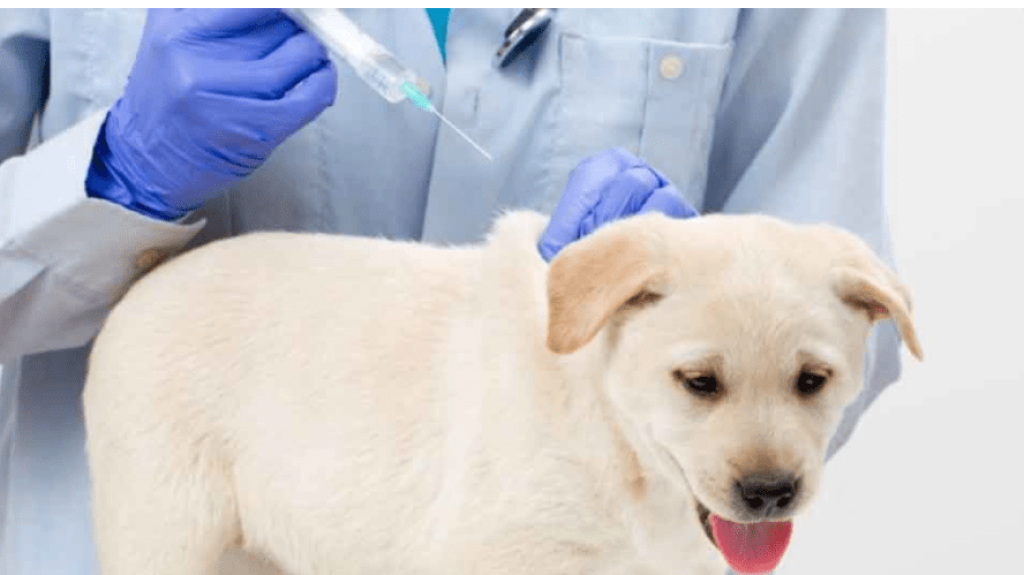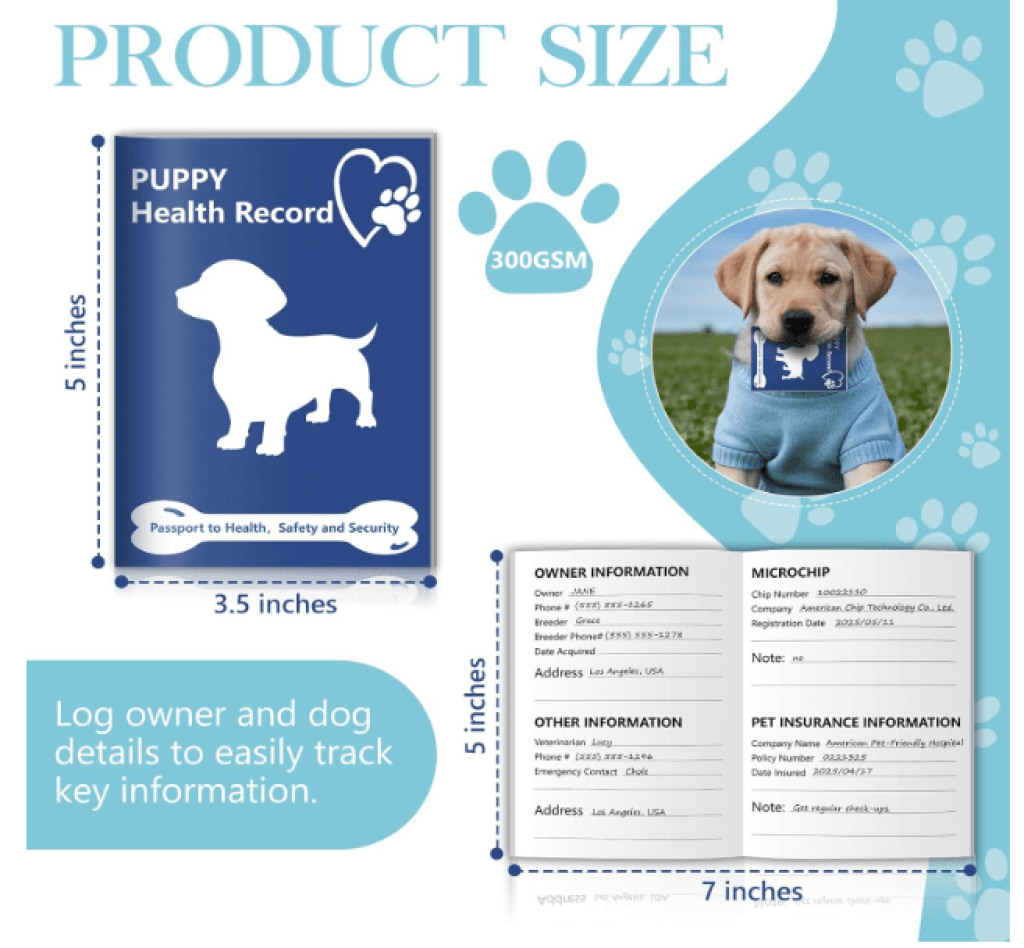Pet Vaccination FAQ
Everything you need to know about keeping your furry friends healthy and protected
Keep Your Pet Protected
Consult with a veterinarian to get the right vaccination schedule for your pet. Prevention is always better than treatment when it comes to your furry friend’s health.
Schedule a Vet AppointmentPets, as important members of our families, require special care. One of the most important tasks of every pet owner is to ensure that their pets receive the appropriate vaccinations. In this article, we provide you with a complete guide to pet vaccination schedules that will help you make the best decisions for the health and well-being of your pet.

The Importance of Pet Vaccinations
Pet vaccination is of vital importance because it not only protects the health and well-being of pets, but also plays an important role in maintaining public health and preventing the spread of diseases common between humans and animals. Vaccines stimulate the immune system of animals, making them resistant to various infectious diseases. These diseases can lead to serious complications or even death of the animal if not vaccinated. Some of these diseases, such as rabies, are dangerous not only for animals but also for humans, and regular vaccination can prevent the transmission of these diseases to humans.
Epulis Tumor: The Fourth Most Common Oral Tumor in Dogs
Vaccination as a preventive measure greatly reduces the cost of treating dangerous diseases. For example, treating diseases such as parvovirus or distemper in dogs is very expensive and time-consuming, and the likelihood of success of the treatment is not always high. By carrying out regular vaccinations, it is possible to prevent the occurrence of these diseases and reduce the financial and emotional costs associated with treatment.
In addition, vaccination of pets plays an important role in preventing the spread of diseases in society. Unvaccinated pets can be carriers of infectious diseases that spread quickly among other animals. Therefore, regular vaccination not only ensures the health of your pets, but also helps to control and reduce the spread of diseases in society. In short, vaccination of pets is an inevitable necessity to maintain the health and well-being of animals and humans.
Types of Pet Vaccines
- Core Vaccines
Core vaccines are vaccines that are recommended for all pets regardless of specific conditions. These vaccines include the following:
- Distemper vaccine: A viral disease that can damage the nervous, digestive, and respiratory systems of animals.
- Hepatitis vaccine: Protects against infectious canine hepatitis.
- Parvovirus vaccine: Protects against parvo, a deadly viral disease.
- Rabies vaccine: A vaccine that is vital for both animals and humans, as the rabies virus can be transmitted to humans and be fatal. How old do dogs live?
- Non-core vaccines
These vaccines are recommended depending on your pet’s lifestyle and living conditions. Some of these vaccines include:
Lyme Disease Vaccine: This vaccine is recommended for animals that live in areas infested with ticks.
- Influenza Vaccine: This is useful for animals that are at high risk of canine influenza.
- Leptospirosis Vaccine: This vaccine protects the animal against the bacterial disease leptospirosis, which can be transmitted through contaminated water and soil.
Standard Vaccination Schedule for Dogs and Cats
- Vaccination Schedule for Dogs
Dogs require core vaccines and some non-core vaccines. The standard vaccination schedule for dogs is as follows:
- At 6 to 8 weeks of age: Distemper, Hepatitis, and Parvovirus vaccines
- At 10 to 12 weeks of age: Second dose of Distemper, Hepatitis, and Parvovirus vaccines
- At 14 to 16 weeks of age: Third dose of Distemper, Hepatitis, and Parvovirus vaccines
- At 12 months of age: Rabies vaccine and booster dose of core vaccines
- Vaccination Schedule for Cats
Cats also require regular vaccinations to protect against various diseases. The standard vaccination schedule for cats is as follows:
- At 6 to 8 weeks of age: Panleukopenia, Calcivirus, and Herpesvirus vaccines
- At 10 to 12 weeks of age: Second dose of Panleukopenia, Calcivirus, and Herpesvirus vaccines
- At 14 to 16 weeks of age: Third dose of Panleukopenia, Calcivirus, and Herpesvirus vaccines
- At 12 months of age: Rabies vaccine and booster dose of core vaccines
Vaccination Side Effects and Safety Tips
Vaccination side effects in pets are usually mild and temporary, but being aware of them and following safety tips can help reduce concerns. Some common side effects of vaccination include swelling or pain at the injection site, mild fever, decreased energy, and temporary loss of appetite. These symptoms usually resolve within a few hours to a few days after vaccination and indicate the body’s natural reaction to the vaccine. However, in rare cases, more serious complications such as allergic reactions may occur. These reactions can manifest as severe swelling, itching, breathing difficulties or even anaphylactic shock, which require immediate veterinary intervention. - 5 Surprising Benefits of Using Scratchers for Cats
To reduce the risk of side effects, it is essential to follow a few safety tips. First, your pet must be completely healthy at the time of vaccination. In the presence of any illness or weakness, vaccination should be postponed until complete recovery. It is also essential to accurately record the animal’s vaccination history to avoid repeated vaccinations or incompatible vaccines. After vaccination, monitor the animal for a few hours so that you can react in time if any unusual symptoms appear.
It is also important to consult your veterinarian about the required vaccines and the appropriate vaccination schedule. Some vaccines are not necessary for all animals, and your veterinarian can adjust the appropriate vaccination schedule based on your animal’s specific needs. Following these safety tips will ensure that your pet receives the best possible vaccination benefits and minimizes risks. A pet vaccination schedule is a key component of maintaining the health and well-being of your pet. By following a regular vaccination schedule and consulting with your veterinarian, you can prevent dangerous diseases and extend the life of your pet.
Puppy’s First Vaccination
Puppies’ first vaccination is one of the most important steps in their health care. These vaccines are given to prevent dangerous and sometimes fatal diseases such as parvovirus, distemper, hepatitis and leptospirosis.
The first dose of vaccine is usually given at 6 to 8 weeks of age. This vaccine consists of a multiple set (DHLPP) that is made up of a combination of different vaccines to prevent different diseases.
After the first dose, puppies should receive several more doses of this vaccine at regular intervals so that their immune system is fully protected against these diseases.
Optional vaccines such as the rabies vaccine are also recommended at later stages, which are usually given at 12 to 16 weeks of age. After this period, annual vaccinations or every few years are necessary to maintain the dog’s immunity.
Feline Trivalent Vaccine
The Feline Trivalent Vaccine, also known as the FVRCP vaccine, is one of the most important vaccines for cats. It is given to protect cats against three common and dangerous viral diseases. These three diseases are:
- Feline Herpesvirus (FVR): This virus causes upper respiratory tract infections in cats and is highly contagious.
- Feline Calicivirus (FCV): This virus also causes respiratory infections and can cause mouth ulcers and, in more severe cases, arthritis.
- Feline Panleukopenia (FPV): Also known as “feline distemper,” this disease is a severe viral infection that can lead to death in cats. The virus targets blood cells and the digestive tract.
The first dose of the trivalent vaccine is usually given at 6 to 8 weeks of age, and cats should receive several more doses at regular intervals until their immune system is fully developed. This vaccine is essential to protect the health of cats, and it is recommended that annual booster vaccinations be given to maintain cats’ immunity.



